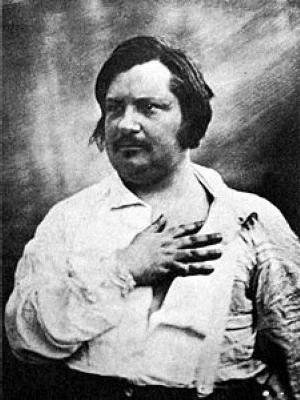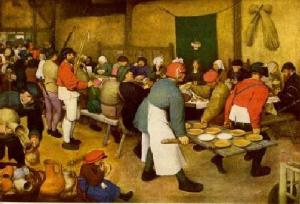Philo-Judaeus of Alexandria
Apple
Nonfiction, Religion & Spirituality, Philosophy, Religious, Judaism| Author: | Norman Bentwich | ISBN: | 9781455300907 |
| Publisher: | Samizdat Express | Publication: | December 15, 2009 |
| Imprint: | Language: | English |
| Author: | Norman Bentwich |
| ISBN: | 9781455300907 |
| Publisher: | Samizdat Express |
| Publication: | December 15, 2009 |
| Imprint: | |
| Language: | English |
"It is a melancholy reflection upon the history of the Jews that they have failed to pay due honor to their two greatest philosophers. Spinoza was rejected by his contemporaries from the congregation of Israel; Philo-Judaeus was neglected by the generations that followed him. Maimonides, our third philosopher, was in danger of meeting the same fate, and his philosophical work was for long viewed with suspicion by a large part of the community. Philosophers, by the very excellence of their thought, have in all races towered above the comprehension of the people, and aroused the suspicion of the religious teachers. Elsewhere, however, though rejected by the Church, they have left their influence upon the nation, and taken a commanding place in its history, because they have founded secular schools of thought, which perpetuated their work." According to Wikipedia: "Philo of Alexandria (Philōn; c. 25 BCE c. 50 CE), also called Philo Judaeus, was a Hellenistic Jewish philosopher who lived in Alexandria, in the Roman province of Egypt. Philo used philosophical allegory to attempt to fuse and harmonize Greek philosophy with Jewish philosophy. His method followed the practices of both Jewish exegesis and Stoic philosophy. His allegorical exegesis was important for several Christian Church Fathers, but he has barely any reception history within Rabbinic Judaism. He believed that literal interpretations of the Hebrew Bible would stifle humanity's view and perception of a God too complex and marvelous to be understood in literal human terms."
"It is a melancholy reflection upon the history of the Jews that they have failed to pay due honor to their two greatest philosophers. Spinoza was rejected by his contemporaries from the congregation of Israel; Philo-Judaeus was neglected by the generations that followed him. Maimonides, our third philosopher, was in danger of meeting the same fate, and his philosophical work was for long viewed with suspicion by a large part of the community. Philosophers, by the very excellence of their thought, have in all races towered above the comprehension of the people, and aroused the suspicion of the religious teachers. Elsewhere, however, though rejected by the Church, they have left their influence upon the nation, and taken a commanding place in its history, because they have founded secular schools of thought, which perpetuated their work." According to Wikipedia: "Philo of Alexandria (Philōn; c. 25 BCE c. 50 CE), also called Philo Judaeus, was a Hellenistic Jewish philosopher who lived in Alexandria, in the Roman province of Egypt. Philo used philosophical allegory to attempt to fuse and harmonize Greek philosophy with Jewish philosophy. His method followed the practices of both Jewish exegesis and Stoic philosophy. His allegorical exegesis was important for several Christian Church Fathers, but he has barely any reception history within Rabbinic Judaism. He believed that literal interpretations of the Hebrew Bible would stifle humanity's view and perception of a God too complex and marvelous to be understood in literal human terms."















